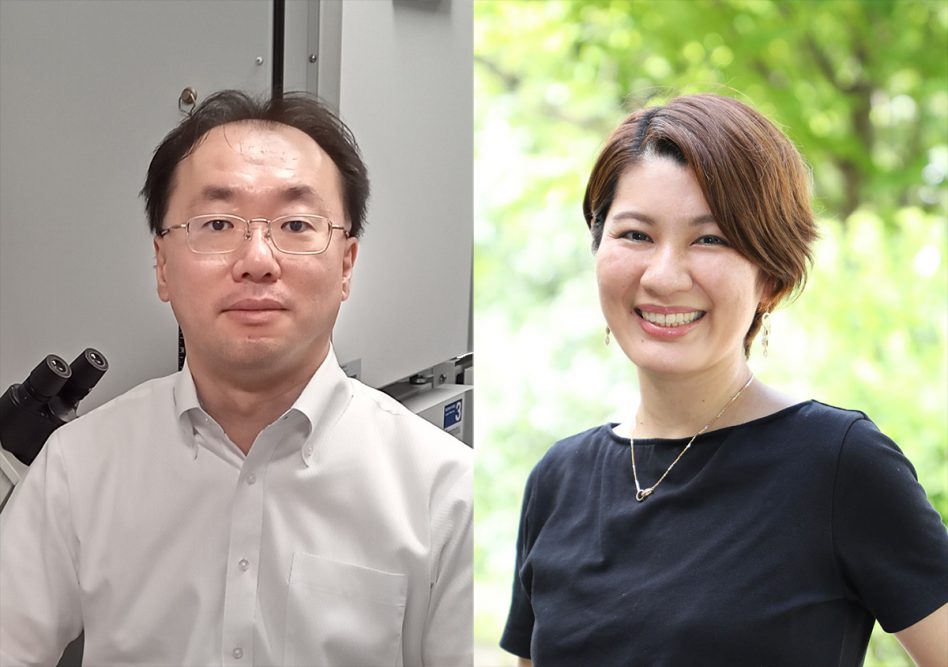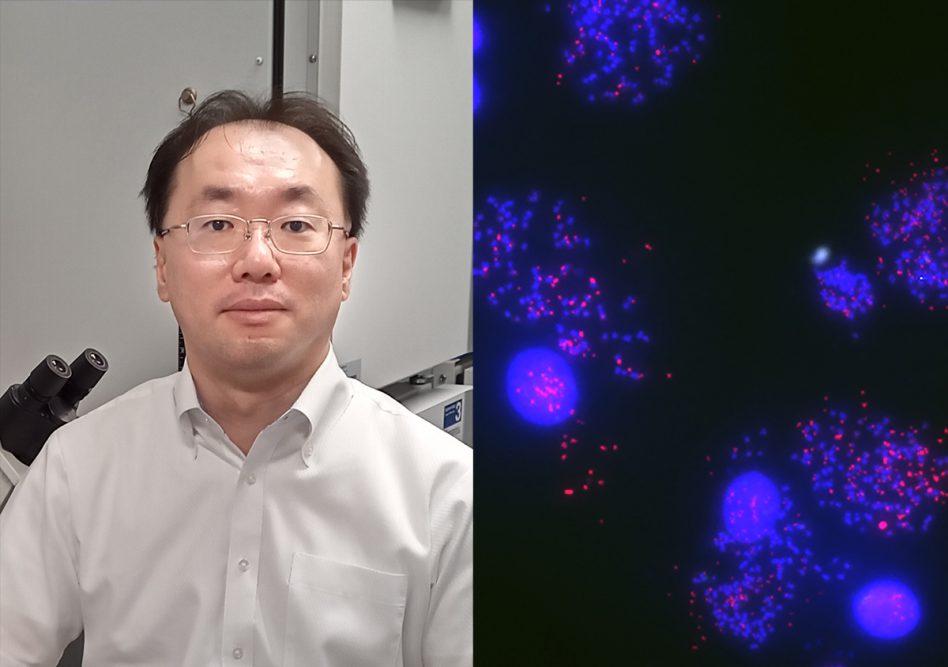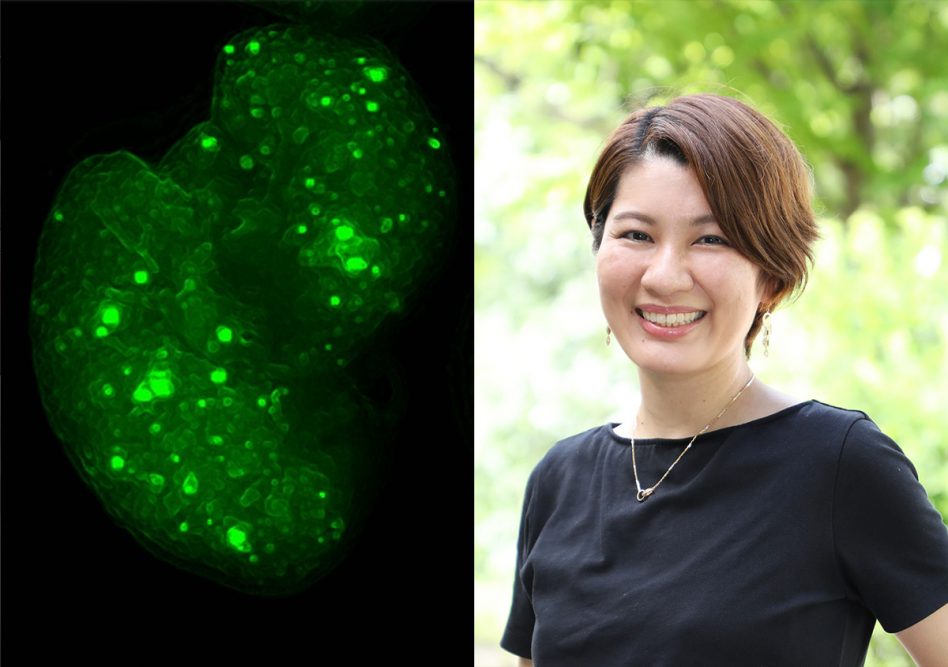
The Inamori Foundation announced the 2024 fellows for the Inamori Research Institute for Science (InaRIS) Fellowship Program on March 15, 2024. This year, we will welcome two new fellows, Hiroshi Suzuki (Professor, Graduate School of Medicine, Nagoya University) and Ayuko Hoshino (Professor, Research Center for Advanced Science and Technology, The University of Tokyo), who were selected from 36 applicants.
2024 InaRIS Fellow
Suzuki, Hiroshi
Professor, Graduate School of Medicine, Nagoya University

| Research Topics | Digital transformation of cancer therapy based on understanding and prediction of spatiotemporal evolution of genetic regulatory information |
|---|---|
| Summary | Humankind faces an increasing burden of cancer development in an aging society. Despite of progress in cancer genome analysis, molecular targeted therapy, and cancer immunotherapy, cancer recurrence, in other words, the battle between cancer and medicine is a long-standing challenge in cancer therapy. This research aims to contribute to “cancer treatment without giving up” by focusing on the mechanisms of spatio-temporal evolution of gene regulatory information in cancer cells, such as extrachromosomal circular DNA (eccDNA), and by developing new AI- and informatic-driven cancer research frameworks and new molecular tools for gene regulation. |
2024 InaRIS Fellow
Hoshino, Ayuko
Professor, Research Center for Advanced Science and Technology, The University of Tokyo

| Research Topics | Exosomes, a new player to unravel disease biology |
|---|---|
| Summary | Exosomes, minute vesicles roughly the size of viruses, carry a diverse range of biomolecules originating from their parent cells. While previously regarded as a mechanism for processing cellular waste, recent years have unveiled the uptake of exosomes from originating cells by other cells, garnering attention as a novel intercellular communication tool. This study aims to explore how the interaction mechanism between cells mediated by exosomes, vesicles diffusing within the body, may connect tissues located remotely. This connection could potentially impact the development and progression of various diseases, thereby introducing novel physiological concepts. |
